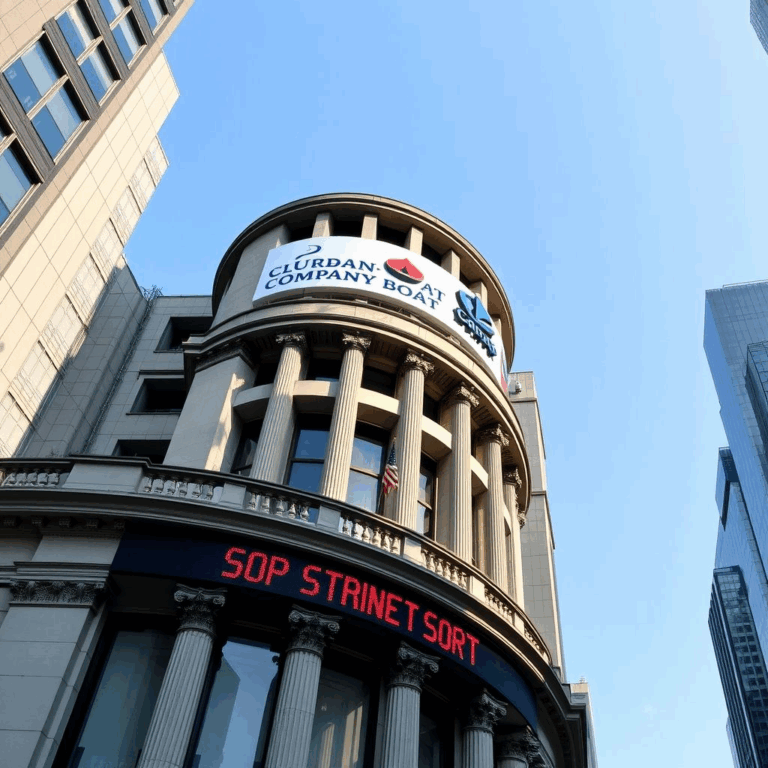Urban Company IPO Gets Regulatory Green Light
Urban Company, India’s largest home-services marketplace, has received the Securities and Exchange Board of India (SEBI) approval to launch its initial public offering (IPO). This milestone is a major boost not only for the company but also for the broader Indian startup ecosystem, which has seen muted public market activity in the last two years.
Industry insiders believe Urban Company’s IPO nod is a confidence booster for startups waiting in line to tap public markets in 2025.
The Gurugram-headquartered firm, co-founded in 2014 by Abhiraj Bhal, Varun Khaitan, and Raghav Chandra, connects consumers with professionals for services such as salon treatments, home cleaning, appliance repair, plumbing, painting, and fitness training. Over the past decade, it has grown to become a category leader in India’s fragmented services sector, with operations also extending to international markets such as the UAE, Singapore, and Australia.
Why Urban Company’s IPO Matters
Urban Company’s IPO approval is significant for three main reasons:
- Revival of Startup IPO Pipeline
After high-profile debuts like Zomato (2021) and Nykaa (2021), enthusiasm around startup IPOs cooled due to market volatility, investor skepticism, and global economic uncertainty. The Urban Company nod signals that regulators and investors are regaining faith in tech-led startups. - Category-Defining Market
Unlike food delivery or e-commerce, the home services sector is relatively under-penetrated in India. Urban Company’s dominance makes it a strong candidate to attract both retail and institutional investors. - Positive Signal to Unicorns
Other unicorns like Ola Electric, Swiggy, and Oyo—currently awaiting their IPO approvals—could benefit from the sentiment boost Urban Company’s listing is expected to generate.
Company’s Growth Trajectory
Urban Company has built a reputation for quality, safety, and professional reliability in a sector traditionally driven by unorganized players.
- Revenue Growth: The company posted over ₹1,400 crore (~$170 million) in revenue for FY2024, representing nearly 30% year-on-year growth.
- Profitability Push: While the company is not yet consistently profitable, it has narrowed losses and improved unit economics by focusing on high-margin services such as beauty, wellness, and appliance repair.
- Tech & Training: Urban Company invests heavily in professional training academies, ensuring quality assurance and customer satisfaction.
- Global Footprint: The startup has replicated its model successfully in international markets, giving it a diversified revenue stream.
This strong operational base positions Urban Company as a compelling IPO candidate, especially for investors looking at consumption-driven growth stories in India.
The IPO Structure
According to regulatory filings, Urban Company’s IPO will likely be a mix of:
- Fresh Issue of Shares – to raise capital for expansion, marketing, and technology investments.
- Offer for Sale (OFS) – giving early investors and stakeholders an opportunity to partially exit.
The company is expected to target an IPO size in the range of $350–$400 million, though exact numbers will be finalized closer to the launch.
Proceeds are likely to be used for:
- Expanding presence in Tier-II and Tier-III Indian cities.
- Scaling international operations.
- Strengthening training and certification programs for professionals.
- Enhancing technology infrastructure, particularly in AI-driven matchmaking of customers and service providers.
Expert Opinions
Industry analysts see Urban Company’s IPO as a litmus test for India’s broader tech ecosystem.
“Urban Company has created trust in a space that lacked reliability. Investors are likely to view its IPO favorably because it combines strong demand with operational efficiency,” said an analyst at JM Financial.
“This IPO is more than a listing—it’s about showing that Indian startups can create sustainable, scalable, and profitable businesses,” added a venture capitalist who has invested in several consumer-tech startups.
Impact on India’s Startup IPO Pipeline
Urban Company’s nod from SEBI has a domino effect on the ecosystem. Several startups are in various stages of IPO planning, including:
- Swiggy – India’s food delivery giant, expected to file in 2025.
- Ola Electric – aiming to ride the EV boom.
- FirstCry – a leading kids’ products marketplace.
- MobiKwik – fintech player with digital wallet and lending services.
Urban Company’s approval strengthens confidence that India’s capital markets are open once again to new-age companies, provided they demonstrate clear growth and governance standards.
Challenges Ahead for Urban Company
Despite the optimism, Urban Company faces hurdles:
- Profitability Pressure: Investors are increasingly wary of loss-making IPOs after seeing mixed performance from Zomato, Paytm, and others.
- Customer Retention: The company must maintain high service quality and expand without diluting its brand promise.
- Regulatory Oversight: SEBI has tightened scrutiny on startup IPOs to ensure realistic valuations and investor protection.
If Urban Company manages these challenges well, it could set a new benchmark for service-based startups in India.
Broader Implications for the Market
The IPO’s success would not only benefit Urban Company but also:
- Boost Retail Investor Participation: With brand recognition across Indian cities, the company is expected to attract strong retail interest.
- Encourage Startup Listings in India (not abroad): Indian exchanges are positioning themselves as attractive venues for unicorns to go public, reducing the push to list in the U.S. or Singapore.
- Strengthen Consumer Confidence: The listing reinforces the message that startups are moving beyond growth at all costs to focus on sustainable models.
Future Outlook
Urban Company’s IPO is likely to launch in Q4 2025 or early 2026, depending on market conditions. If successful, it will:
- Cement Urban Company’s place as a category-defining public company.
- Revive India’s tech IPO wave.
- Inspire other startups to accelerate their path to the markets.
With India projected to become a $10 trillion economy by 2035, consumer-tech startups like Urban Company are poised to play a critical role in shaping urban consumption and lifestyle services.







